The tailor shop of the Pedrie and Mümin Mestan family is located on one of the busiest streets in Brussels’ Schaerbeek district. They are originally from Kardzhali but have been living abroad for more than 35 years. In the summer of 1989, they left their hometown and set out for Turkiye.
''We went to Istanbul and settled there. I started working as a translator in the Laleli residential district, where there were many Russian tourists, so I translated from Russian to Turkish'', says Mümin Mestan.
''I began working as a seamstress because there were no other jobs available. For one or two years, I worked in various ateliers, and then we opened our own'', recalls Pedrie Mestan.
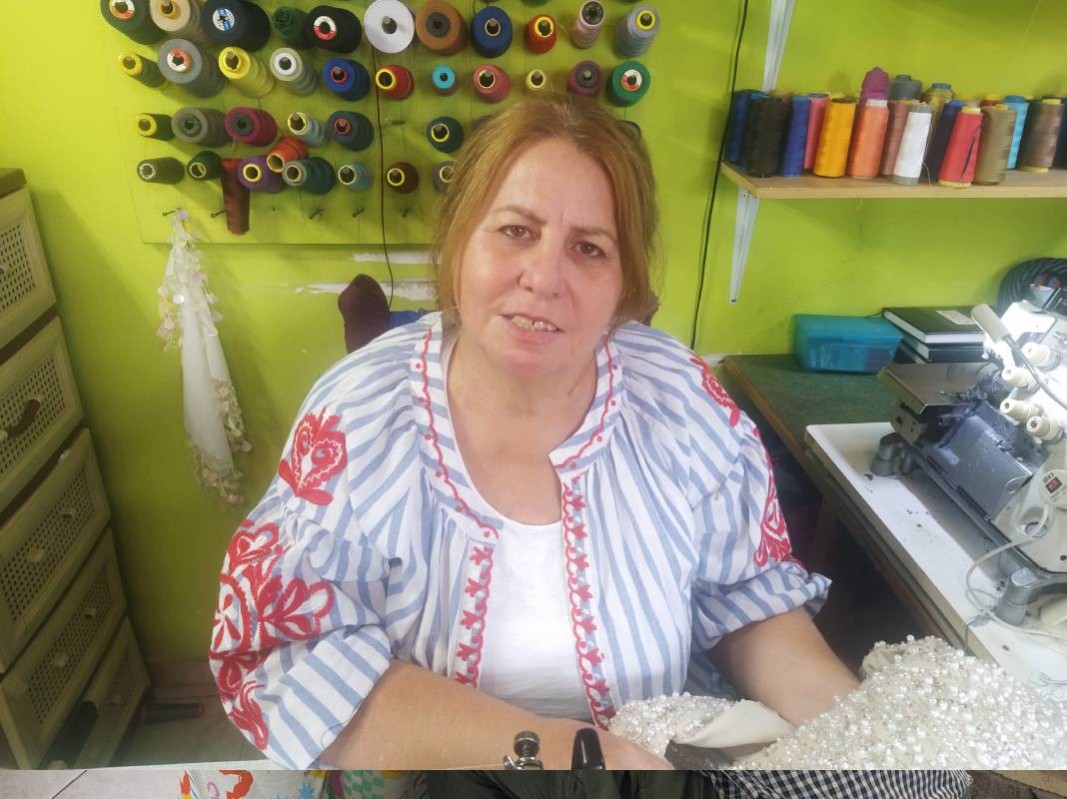
''We had ten workers. Everything was normal until the year 2000 when the big crisis hit Turkiye. We had to close the atelier. I have a brother who lives in Belgium, and in 2000, we came to visit him. During this time, we researched the tailoring industry. We saw that there were opportunities here, so in 2000, we moved to Belgium'', says our compatriot.
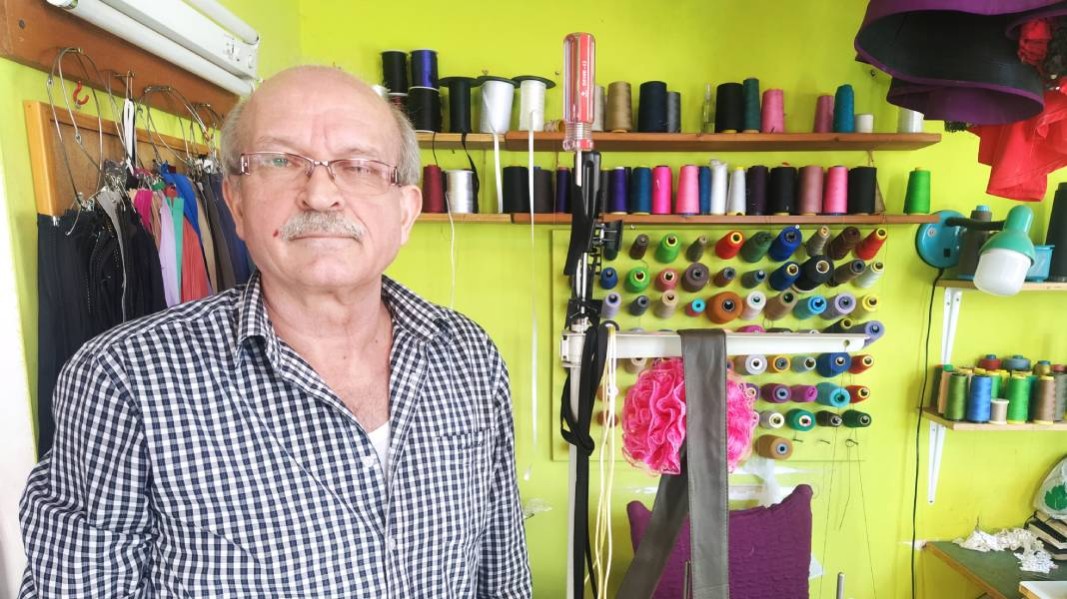
In Brussels, the Mestan family started anew. They opened a tailoring shop and began to establish themselves in their new environment. They have clients of different nationalities. Many fellow Bulgarians living in Schaerbeek also frequent their shop. Every customer is greeted with courtesy in the only tailoring atelier in the neighborhood. Pedrie and Mümin speak French well and have no trouble communicating with their clients.
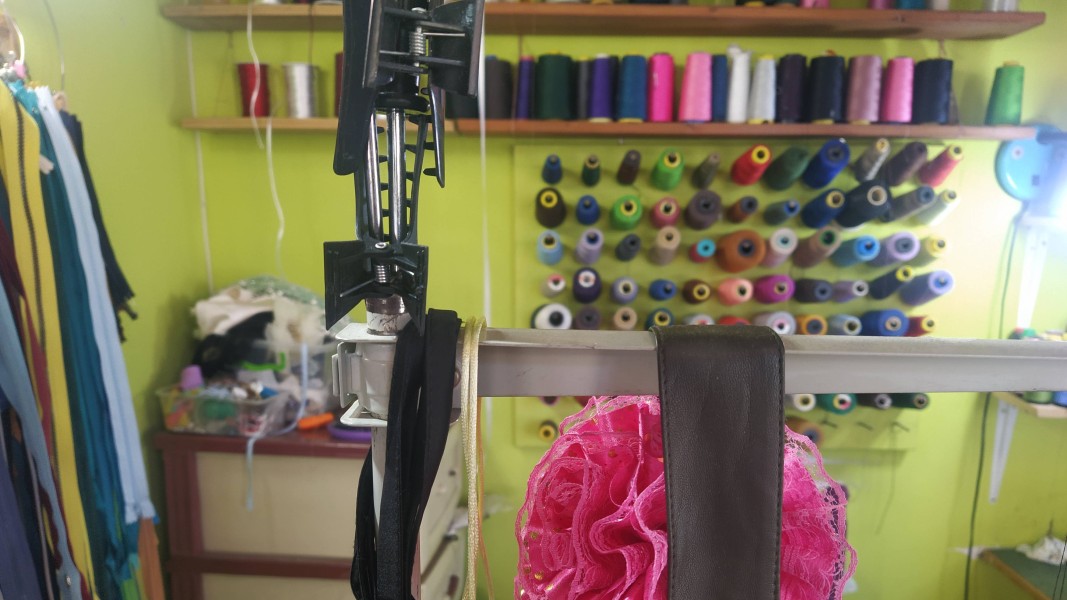
''Our work here is quite varied – we sew curtains, do clothing alterations and make new wedding dresses. The clients are demanding because they pay and expect quality service'', says Mümin.
Pedrie Mestan is not optimistic about the future of her profession. She believes the tailoring craft is in decline. With a heavy heart, she shares that recently, fewer young people are coming to intern at their atelier.
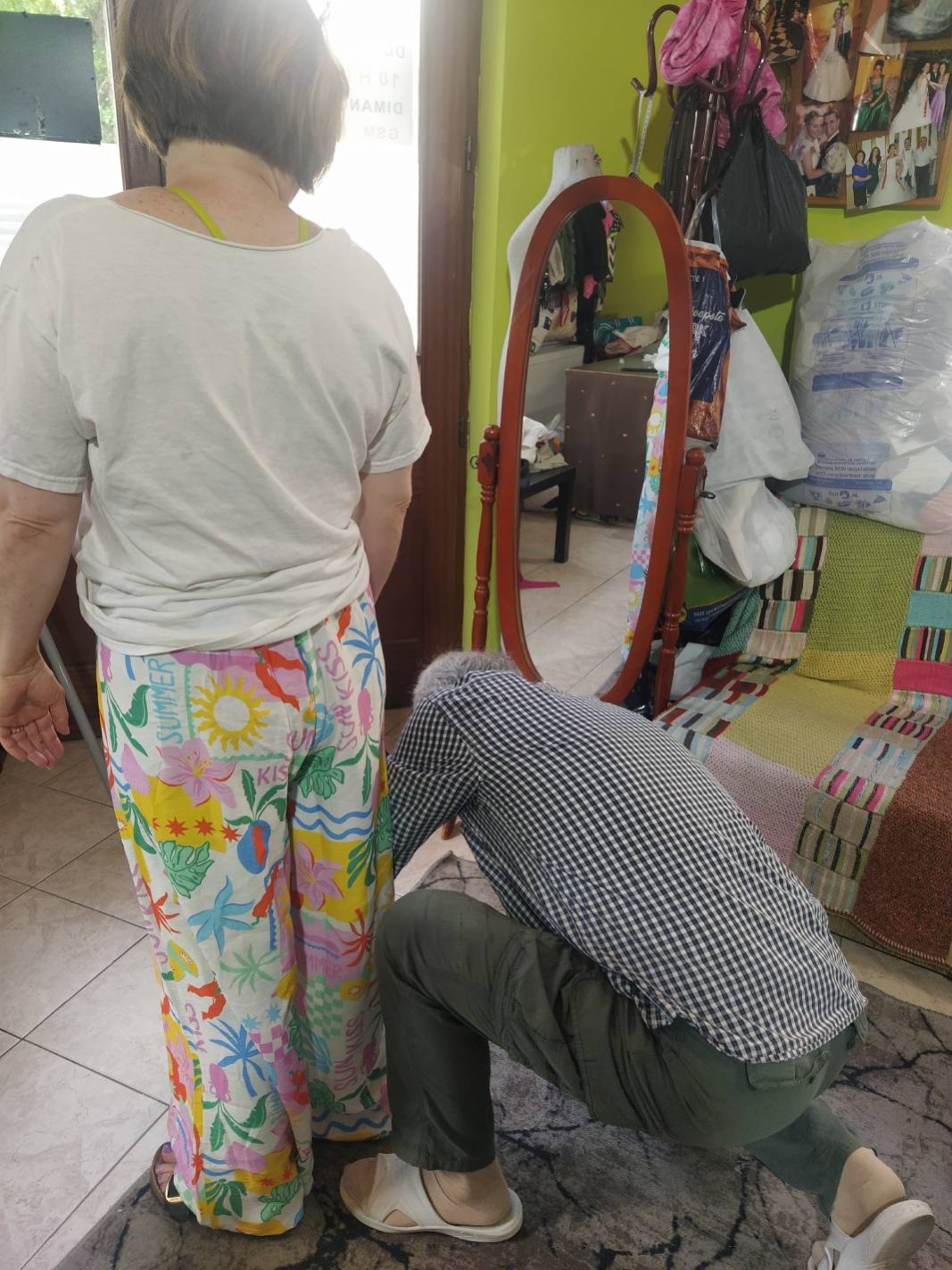
''The young people today don’t want to learn a trade. They say it’s too difficult when they come here to be taught. These professions will disappear in the future. The younger generation is more interested in tablets and phones'', says the seamstress.
Besides working in the atelier, Mümin Mestan is also involved in community activities. He has served as the chairman of the “Association of Kardzhali Natives and Bulgarian Citizens in Belgium” for 10 years.
''When I arrived in Brussels, I noticed there were many people from Bulgaria. We started gathering in 2006. Initially, there were 50–60 people, but the number soon grew to 150–200. Every year we celebrated March 8 and held New Year’s parties. Over the last 3–4 years, we’ve given young people the opportunity to take charge of these events. When I was the chairman of the Association, we had two main issues – the funeral fund and the teaching of the mother tongue. Since we didn’t have our own funeral fund, we spoke with the Turkish one, and they agreed to register us there. Regarding Bulgarian language education, we got in touch with the director of the Bulgarian Sunday school in the Schaerbeek district, and now whoever wants to can send their children there. Many children have Bulgarian passports but don’t know any Bulgarian'', says Mümin Mestan.
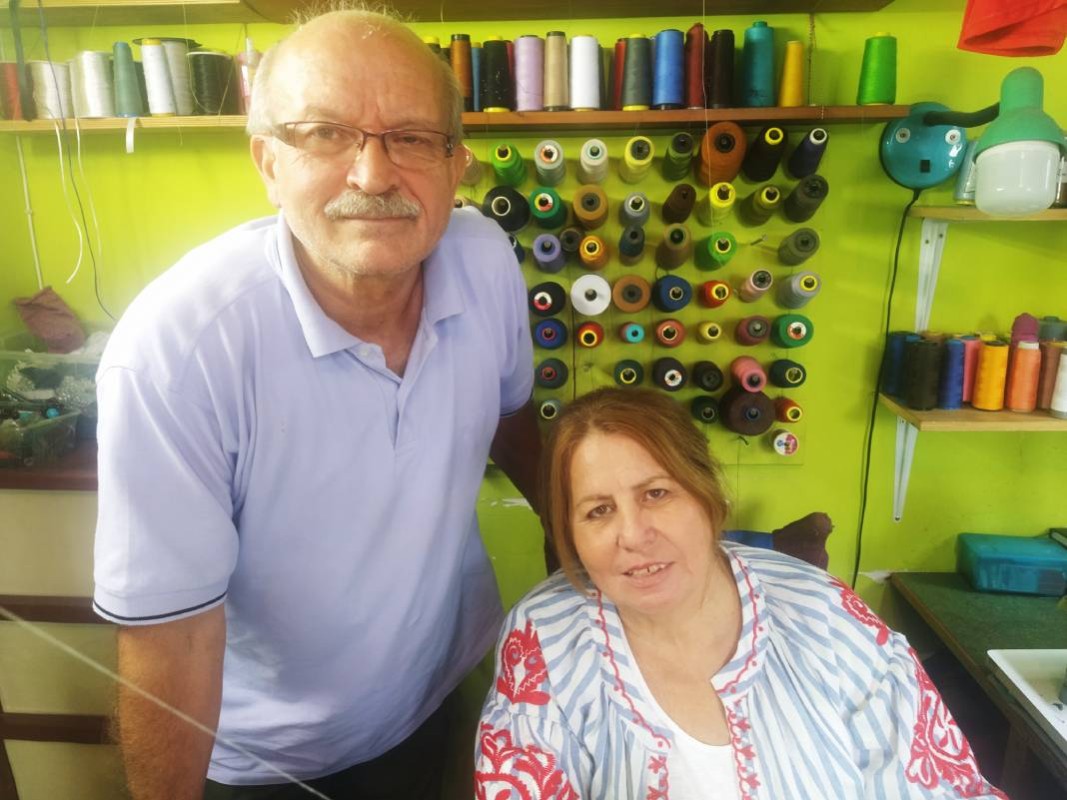
Although the Mestan family has lived abroad for 35 years, they have never broken their connection with Bulgaria. They say they go back to their hometown of Kardzhali every summer.
''Every year, we spend two months of our summer vacation in Bulgaria. We want to return permanently if there are decent living conditions. But we still have to work for another 3–4 years until we retire. No matter where you live, you never forget your homeland. In the end, we will go back to Bulgaria'', say the Mestan family.
Published and translated by Kostadin AtanasovPhotos: Personal archive of Pedrie and Mümin Mestan
Before leaving this world, Pope Francis chose "Migrants, missionaries of hope" to be the theme of this year's World Day of Migrants and Refugees, which the Catholic Church marks on 4-5 October 2025 . "With these words,..
In Argentine Patagonia, the city of Comodoro Rivadavia preserves the history of Bulgarian settlers, whose descendants still carry Bulgaria in their hearts today. Among them is Tzenka Guenova, who was born in Troyan, but arrived in..
Since 1980, 27 September has been celebrated globally as World Tourism Day, marking the anniversary of the adoption of the UN World Tourism Organization’s charter in 1970. Across Bulgaria, towns and villages host special events, although the local..
The Earth and Man National Museum in Sofia is hosting the 33rd Sofia Exhibition of Minerals, Gemstones and Fossils , the institution announced. The..
U.S. sanctions on NIS activated despite expectations of delay U.S. sanctions on Serbian oil company NIS – Naftna Industrija Srbije came into force on..

+359 2 9336 661
